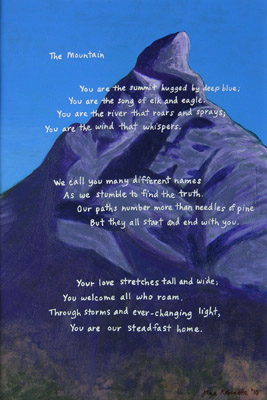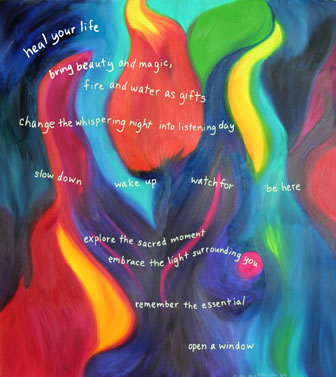Lent is a time when we recall our baptisms, not in a nostalgic, wistful kind of way, but in a way that brings us back to the beginning of our faith, when we were zealous for justice, insistent on righteousness, and uncompromising in our devotion. Time has a way of softening the edges of our practices, with God coaching us into more understanding and effective ways of living our faith. But we should never lose our enthusiasm for or commitment to its basics. We offer to any who would be followers of Christ opportunities to study, worship, pray, fast and sacrifice. We do so because all of us have a baptism with which we are to be baptized (Luke 12:50, CEB). All of us have things we have to face in our lives that threaten to undo us.
We are tempted to think that we will not be tried by dire circumstances, but we have seen too much of life to believe that we will never have to suffer, never experience abandonment, never be tempted, or never face death. In all of these things, we will be baptized – carrying the mark and seal of God’s love and witnessing to the world how God works through us
What crises do you anticipate in your life that will cause you distress? How does your baptism make a difference as you face them? What particular trials are particularly hazardous to your faith? What can you do this Lent to shore up the chinks in your faith armor? Who and what can help you with that?
Amen.
God’s Peace with Justice,
Pastor Dave


